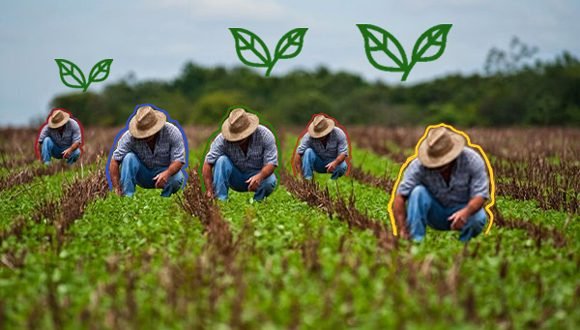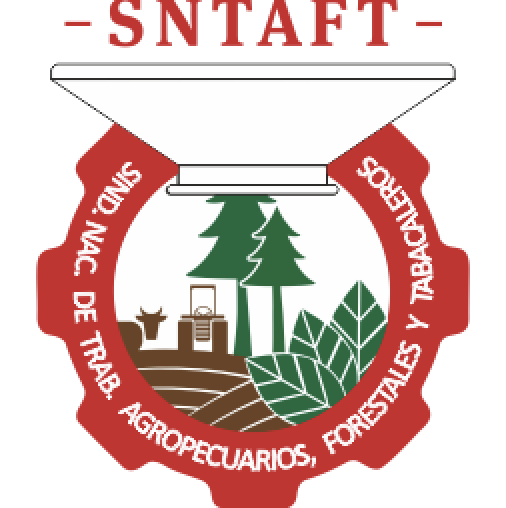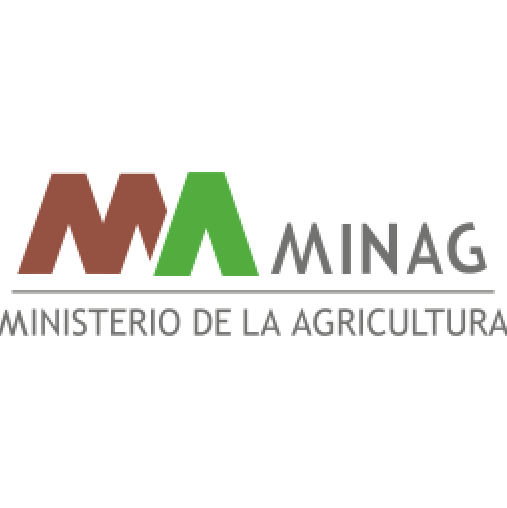GAF
Agriculture advances in the implementation of new alternatives for crop protection
Given the rise in prices on the international market and the financial limitations imposed by the tightening of the US blockade against Cuba, the import records for fertilizers and pesticides in 2022 have been among the lowest in recent years. Reality that threatens the quality of the crop and the low yields of the sector.
The fertilization rate reached 8 kilograms per hectare for crop nutrition last year, from an average of 90 kilograms in 2017. The current conditions led the country to protect crops such as rice, potatoes and tobacco, the rest of the plantations were preserved with the application of bioproducts. From the complex scenario, the country obtained a historical growth in the production of bioproducts and achieved protection of around 70% of cultivable areas, as explained by Dagoberto Rodríguez Lozano, director of soil and fertilizer of the Ministry of Agriculture, " the bioptoductos production plan for the year 2022 was expanded in terms of quantity and variety. No bioproduct by itself provides the crop with all the necessary nutrients, hence the need to reinforce the plantation with bioproduct packages.” He warned about other limitations associated with the acquisition of containers with technical specifications and that threaten the process of marketing the product. Strengthen the logistics systems of the Azcuba, Gelma and Labiofam shopping centers with the purpose of facilitating the producer's access to these organic components and their replenishment in the foreseen terms. 10 new bioproducts are developed and work is being done to expand these records and promote local production. The worldwide trend is to use agroecological practices for the phytosanitary protection of crops and the reduction in the use of chemical pesticides, precepts constituted in the National Biological Fight Program and that seek to provide the consumer with a residue-free product. Of a total of 208 biopesticide production units, 19 are paralyzed for different reasons. In this sense, it is necessary to improve the program in correspondence with the 63 measures to stimulate agricultural production and its action plan. The deputy director of the Department of Plant Health, of the Ministry of Agriculture, Ariel Castillo Rodríguez insisted on the need to transform the National Biological Control Program in order to increase the production of biological means and respond to the growing demand of the agricultural sector. This year the incorporation of the Labiofam Industrial Complex in Havana is planned. Their articulation with all the research institutes will allow them to create a more varied range of products. Castillo Rodríguez predicted a quantitative leap in phytosanitary production due to the modern technologies installed in the plant and if there is a surplus, it could be constituted as an exportable fund. He said that there are labor groups that have applied new models of economic management in order to gain autonomy and added that they are working to generalize proven alternatives in the provinces on the substitution of imported culture media, in the same way he referred to the strengthening of international collaboration projects. Another of the elements deployed in the program and pending the approval of the legal norms constitutes the possibility that natural persons can commercialize their productions of biological media. The 63 measures to stimulate the agricultural sector come to accompany the process of protection and development of cultivable areas. From the Agricultural Research Institutes and the improvement of the business system, national solutions are sought that allow us to move towards a sustainable, efficient and sovereign agriculture.




